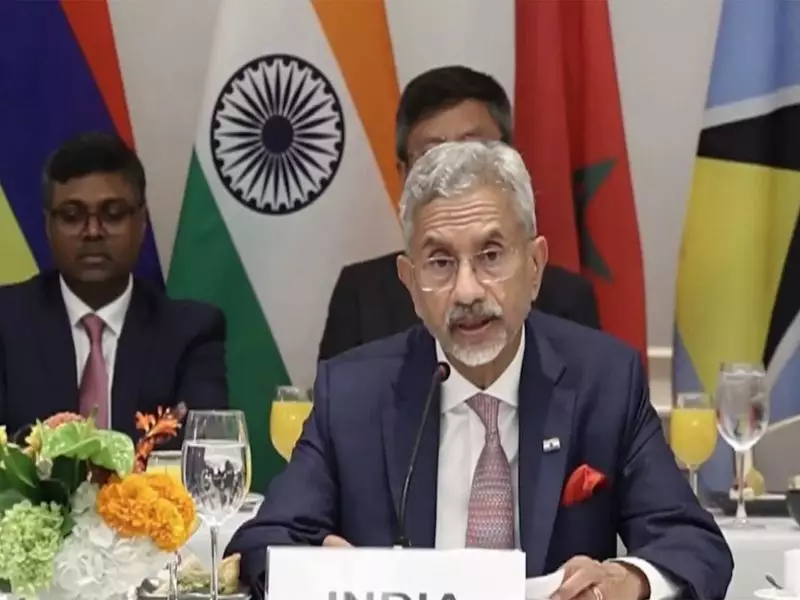
In a significant development for international trade relations, External Affairs Minister Dr. S. Jaishankar has identified Germany as a crucial ally in India's ongoing trade negotiations with the European Union. The revelation came during his recent diplomatic engagements, underscoring the strategic importance of bilateral partnerships in complex multilateral agreements.
The German Connection in EU-India Trade Dynamics
Germany has emerged as a key facilitator in the protracted trade discussions between India and the European Union. According to Jaishankar, the German government has played an instrumental role in bridging gaps and fostering mutual understanding between the negotiating parties. This development comes at a critical juncture when both India and the EU are seeking to strengthen economic ties amid global geopolitical shifts.
Strategic Importance of the Trade Pact
The proposed India-EU trade agreement represents one of the most significant economic partnerships in the contemporary global landscape. With the European Union being India's third-largest trading partner and Germany standing as India's most important economic ally within the EU bloc, this triangular relationship carries substantial weight in international commerce.
Why Germany Matters in These Negotiations
Germany's influence within the European Union framework cannot be overstated. As Europe's largest economy and a founding member of the EU, Germany's support often proves decisive in complex trade negotiations. Jaishankar's acknowledgment of Germany's constructive role signals positive momentum in talks that have experienced multiple hurdles over the years.
The minister emphasized that Germany's understanding of India's economic priorities and developmental requirements has been particularly valuable in moving discussions forward. This collaborative approach reflects the deepening strategic partnership between New Delhi and Berlin, which has grown significantly across various sectors including technology, renewable energy, and manufacturing.
Broader Implications for India-EU Relations
The successful conclusion of a comprehensive trade agreement between India and the European Union could:
- Significantly boost bilateral trade and investment flows
- Create new market access opportunities for businesses on both sides
- Strengthen supply chain resilience through diversified partnerships
- Enhance cooperation in emerging sectors like digital economy and green technology
Jaishankar's comments highlight the evolving nature of international diplomacy, where bilateral relationships increasingly influence multilateral outcomes. As India continues to negotiate trade agreements with multiple partners globally, the German model of engagement could serve as a template for other diplomatic partnerships.





